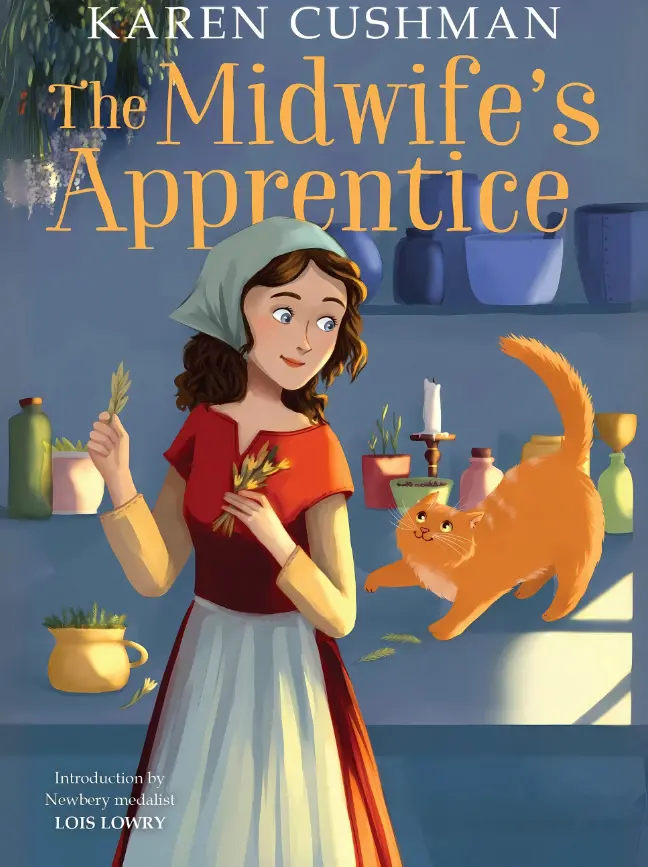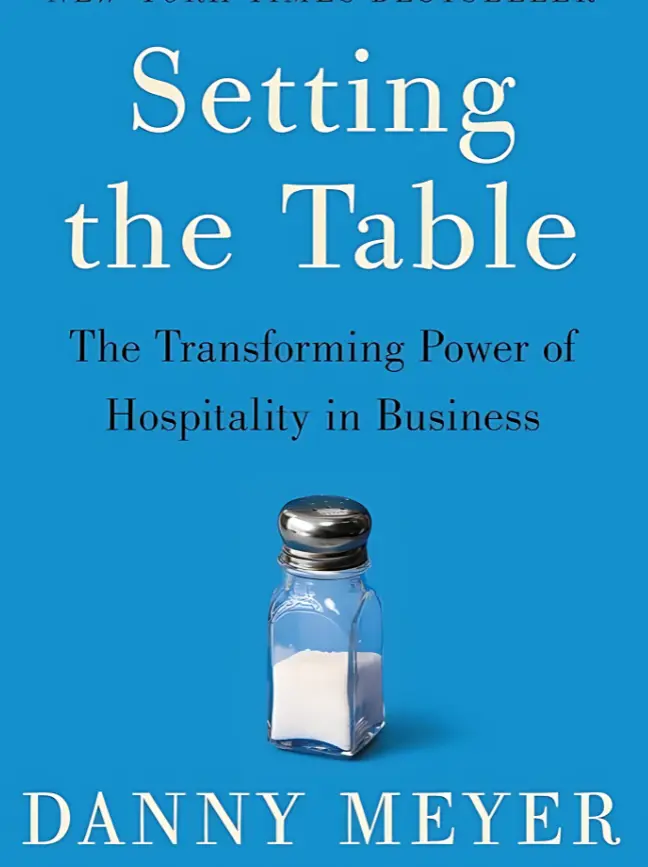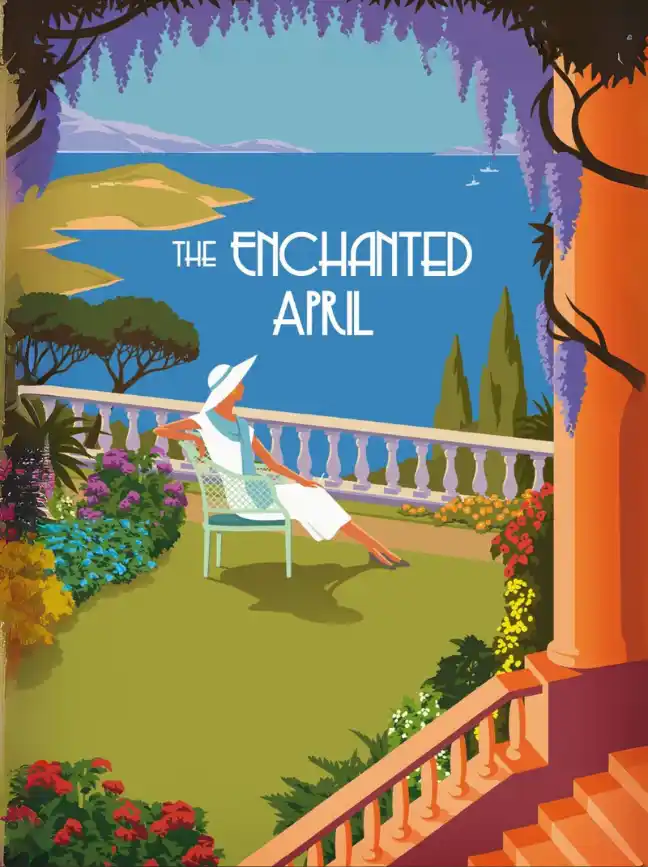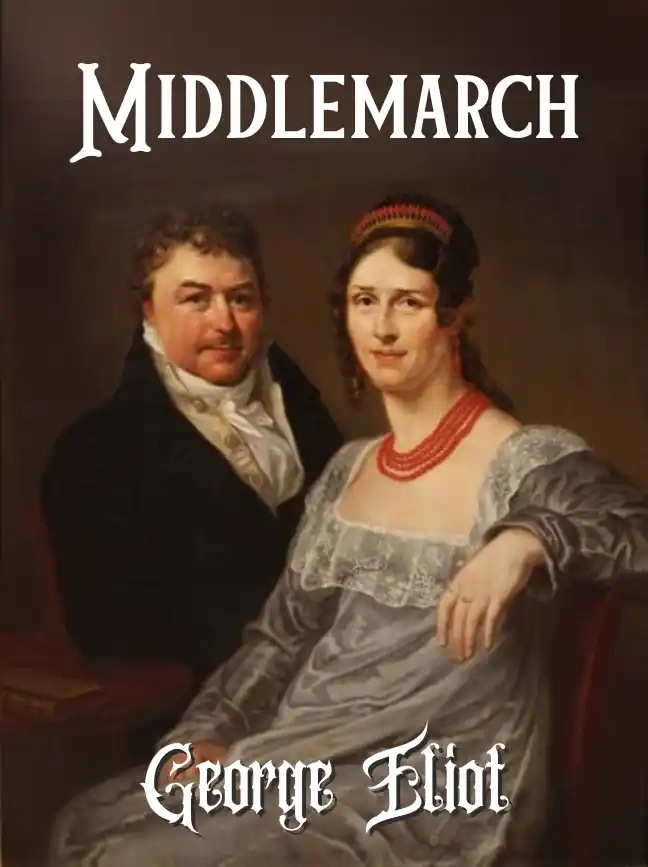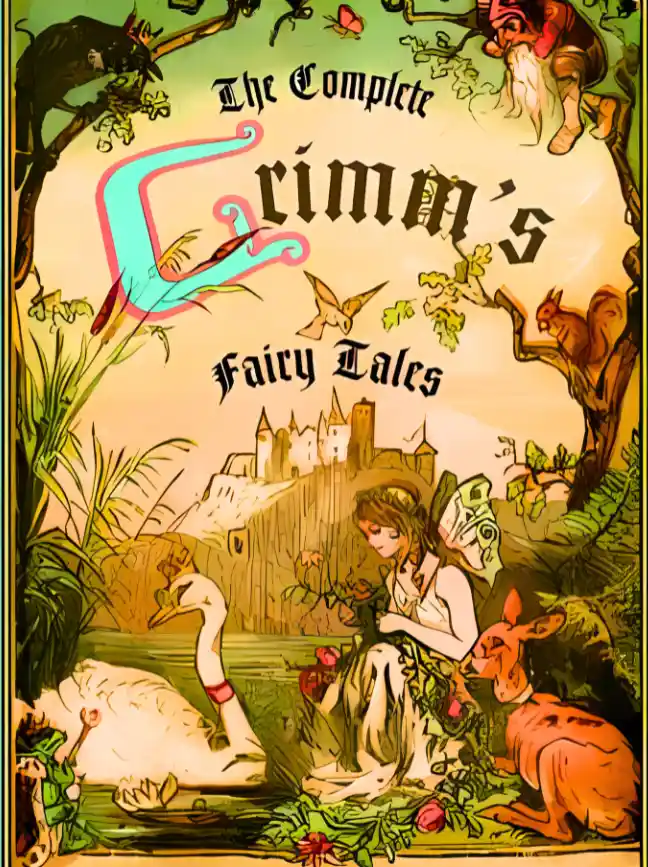Noemí heard a heart beating, as loud as a drum, calling for her. It woke her up.
Carefully she ventured outside her room to find the place where it was hiding. She felt it beneath her palm, when she pressed her hand against the walls; felt the wallpaper grow slippery, like a strained muscle, and the floor beneath her was wet and soft. It was a sore. A great sore she walked upon, and the walls were sores too. The wallpaper was peeling, revealing underneath sickly organs instead of brick or wooden boards. Veins and arteries clogged with secret excesses.
She followed the beating of the heart and a thread of red on the carpet. Like a gash. A line of crimson. A line of blood. Until she stopped in the middle of the hallway and saw the woman staring back at her.
Ruth, the girl from the photograph. Ruth, in a white dressing gown, her hair like a golden halo, her face bloodless. A slim, alabaster pillar in the darkness of the house. Ruth held a rifle between her hands and she stared at Noemí.
They began walking together, side by side. Their movements were perfectly synchronized; even their breathing was identical. Ruth brushed a lock of hair away from her face and Noemí brushed her hair too.
The walls around them were glowing, a dim phosphorescence that nevertheless guided their steps, and the carpet underneath their feet was squishy. She noticed, too, markings on the walls—walls that were made of flesh. Traceries of fuzzy mold, as if the house were an overripe fruit.
The heart kept beating faster.
The heart pumped blood and groaned and shivered, and it beat so loudly Noemí thought she’d go deaf.
Ruth opened a door. Noemí grit her teeth because this was the source of the noise, the beating heart lay inside.
The door swung open, and Noemí saw a man on a bed. Only it wasn’t truly a man. It was a bloated vision of a man, as if he’d drowned and floated to the surface, his pale body lined with blue veins, tumors flowering on his legs, his hands, his belly. A pustule, not a man, a living, breathing, pustule. His chest rising and falling.
The man could not possibly be alive but he was, and when Ruth opened the door he sat up in bed and extended his arms toward her, as if demanding an embrace. Noemí remained by the doorway, but Ruth approached the bed.
The man extended his hands, his greedy fingers quivering, while the girl stood at the foot of the bed and stared at him.
Ruth raised her rifle, and Noemí turned her head away. She did not want to see. But even as she turned she heard the horrid noise of the rifle, the muffled scream of the man followed by a throaty moan.
He must be dead, she thought. He has to be.
She looked at Ruth, who had walked past Noemí and was now standing in the hallway, and the young woman looked back at Noemí.
“I’m not sorry,” Ruth said, and she pressed the rifle against her chin and pulled the trigger.
There was blood, the dark splatter marking the wall. Noemí watched Ruth fall, her body bending like the stem of a flower. The suicide, however, did not unnerve Noemí. She felt that this was the way things should be; she felt soothed, she even thought to smile.
But the smile froze on Noemí’s face when she saw the figure standing at the end of the hallway, watching her. It was a golden blur, it was the woman with the blur of a face, her whole body rippling, liquid, rushing toward Noemí with a huge open mouth—
although she had no mouth—ready to unleash a terrible scream. Ready to eat her alive.
And now Noemí was afraid, now she knew terror, and she raised her palms to desperately ward off—
A firm hand on her arm made Noemí jump back.
“Noemí,” Virgil said. She looked quickly behind her, then back at him, trying to make sense of what had happened.
She was standing in the middle of a hallway, and he stood in front of her, holding an oil lamp in his right hand. It was long and ornate, and its glass was milky green.
Noemí stared at him, speechless. The golden creature had been there a second before, but now it was gone! Gone, and in its stead it was him, wearing a plush velvet robe with a pattern of golden vines running up the fabric.
She was in her nightgown. It was supposed to be part of a gown- peignoir set, but she was not wearing the cover-up. Her arms were bare. She felt exposed and she was cold. She rubbed her arms.
“What’s happening?” she asked.
“Noemí,” he repeated, her name so smooth on his lips, like a piece of silk. “You were sleepwalking. One is not supposed to wake a sleepwalker. They say it can cause the sleeping person a great shock. But I was worried you’d hurt yourself. Did I frighten you?”
She did not understand his question. It took her a minute to comprehend what he was saying.
She shook her head. “No. That’s quite impossible. I haven’t done that in years. Not since I was a child.”
“Maybe you hadn’t noticed.” “I would’ve noticed.”
“I’ve been following you for a few minutes now, trying to decide whether to shake you awake or not.”
“I wasn’t sleepwalking.”
“Then I must have been mistaken, and you were simply walking around in the dark,” he said coolly.
God, she felt stupid, standing there in her nightgown, gawping at him. She did not want to argue with him; there was no point in it. He was right, and besides, she dearly wished to get back to her room. It was too cold and dark in this hallway; she could hardly see anything. They could be sitting in the belly of a beast for all she knew.
In the nightmare, they had been in a belly, had they not? No. A cage made of organs. Walls of flesh. That’s what she had seen, and who knew. If she tried to touch the wall right now it might ripple beneath her palm. She ran a hand through her hair.
“Fine. Maybe I was sleepwalking. But—”
She heard it then, a throaty moan like in her dream, low but undeniable. It made her jump again, jump back. She almost collided with him.
“What was that?” she asked and looked down the hallway, then turned to stare at him anxiously.
“My father is ill. It’s an old wound which never quite healed and pains him. He’s been having a rough night,” he said, looking very composed, adjusting the flame of the oil lamp, making it bloom a little brighter. She could now see the wallpaper, its drawing of flowers, faint traces of mold marring its surface.
No veins pumping through the walls.
Damn it, and yes, Francis had told her something similar earlier that day, about Howard being ill. But was she in that area of the house, close to the old man’s bed? So far from her room? She thought she might have taken a few paces outside her door, not wandered from one side of the house to the other.
“You should call for a doctor.”
“Like I explained, sometimes it pains him. We are used to it. When Dr. Cummins stops by for his weekly visit he can examine him, but my father is simply an old man. I’m sorry if he startled you.”
Old, yes; 1885 was when they arrived in Mexico. Even if Howard Doyle had been a young man back then, almost seventy years had passed. And how old was he, exactly? Ninety? Closer to a hundred?
He must have been an old man already when he had Virgil. She rubbed her arms again.
“Here, you must be cold,” he said, setting the oil lamp down on the floor and untying his robe.
“I’m fine.” “Put this on.”
He took off the robe, placing it around her shoulders. It was too large. He was tall and she was not. It never bothered her much, tall men. She simply looked them up and down. But she did not feel very confident right this second, still unnerved by that ridiculous dream. Noemí crossed her arms and looked down at the carpet.
He picked up the oil lamp. “I’ll walk you back to your room.” “You don’t have to.”
“I do. Otherwise you’ll be liable to hurt your shins in the dark.
And it’s quite dark.”
He was, once again, correct. The few wall sconces with working bulbs gave off a dim light, but there were large pools of blackness in between them. The glow of Virgil’s lamp was an eerie green, but on the other hand she felt grateful for its more potent illumination. This house, she was sure, was haunted. She wasn’t one for believing in things that go bump in the night either, but right that second she firmly felt every spook and demon and evil thing might be crawling about the Earth, like in Catalina’s stories.
He was quiet as they walked, and even if the silence of the house was unpleasant, and the creaking of each board made her wince, it was better than having to talk to him. She simply could not converse at a time like this.
I’m a baby, she thought. Boy, would her brother laugh at her if he saw her. She could picture him, telling everyone Noemí now practically believed in el coco. The memory of her brother, her family, Mexico City, it was good. It warmed her better than the robe.
When they got to her room, she finally felt at ease. She was back.
All was well. She opened the door.
“If you want, you can keep this,” he said, pointing to the lamp.
“No. Then you’d be the one hitting your shins in the dark. Give me a minute,” she said, reaching for the top of the dresser, by the door, where she’d left the gaudy silver candelabra with the cherub. She grabbed the box of matches and lit the candle.
“Let there be light. See? It’s fine.”
She began to take the robe off. Virgil stilled her, setting a hand on her shoulder and then carefully running his fingers down the edge of the wide lapel. “You look very fine in my clothes,” he said with that voice that was made of silk.
The comment was mildly inappropriate. In the daylight, with other people, it might have been a joke. At night, and the way he said it, it didn’t seem at all decent. And yet, though subtly wrong, she found herself unable to reply. Don’t be silly, she thought to say. Or even, I don’t want your clothes. But she didn’t say a thing, because it wasn’t really that bad of a comment, a few words, and she didn’t wish to start a fight in the middle of a dark hallway over what amounted to almost, but not quite, nothing.
“Well, good night, then,” he said, unhurriedly releasing the lapel and taking a step back.
He held the oil lamp at eye level and smiled at her. Virgil was an attractive man and the smile was a pleasant smile—almost teasing, in a good-humored way—but there was an edge to his expression that the smile could not mask. She did not like it. She was suddenly reminded of her dream, and she thought of the man in the bed holding his arms outstretched, and she thought there was a golden cast to his eyes, a glimmer of gold among the blue. She turned her head abruptly, blinking and staring at the floor.
“You won’t bid me good night?” he asked, sounding amused. “Nor grant me a thank-you? It would be rude not to.”
She turned toward him, looking at him in the eye. “Thanks,” she said.
“Better lock your door so you don’t end up wandering around the house again, Noemí.”
He adjusted the level of the oil lamp once more. His eyes were blue without a hint of gold when he gave her a final glance and stepped away, marching back down the hallway. Noemí watched the green glow float away with him, the sudden flash of color disappearing and plunging the house into darkness.


